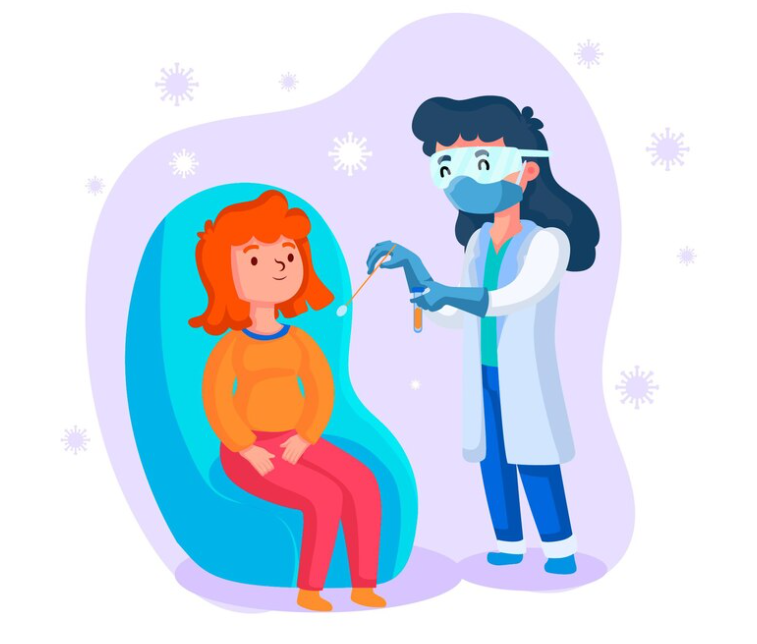
The Role of Hormones in Hypothyroidism in Children and Adolescents: Symptoms, Diagnosis, and Management
Introduction: Hypothyroidism, although commonly associated with adults, can also affect children and adolescents. Understanding how hormones play a role in hypothyroidism and recognizing its symptoms, diagnosis, and management in younger individuals is crucial.
Let’s explore these topics in simple language.
Hypothyroidism in children and adolescents occurs when the thyroid gland fails to produce sufficient hormones.
Symptoms may include fatigue, poor growth, constipation, and delayed puberty. Diagnosis involves blood tests to measure thyroid hormone levels, and management typically includes thyroid hormone replacement therapy. It’s crucial for parents and caregivers to recognize symptoms and seek medical attention for proper diagnosis and treatment.
Understanding Hypothyroidism in Children and Adolescents: Hypothyroidism in children and adolescents occurs when the thyroid gland doesn’t produce enough hormones, affecting growth, development, and overall health. Hormones play a crucial role in regulating various bodily functions, and imbalances can have significant effects on younger individuals.
Symptoms of Hypothyroidism: The symptoms of hypothyroidism in children and adolescents may differ from those in adults. Common symptoms include fatigue, poor growth or short stature, delayed puberty, dry skin, constipation, and learning difficulties. It’s essential for parents and caregivers to be aware of these signs and seek medical attention if they notice any concerning symptoms in their children.
Diagnosis of Hypothyroidism: Diagnosing hypothyroidism in children and adolescents involves blood tests to measure thyroid hormone levels, including thyroid-stimulating hormone (TSH) and thyroxine (T4). Additionally, healthcare providers may perform physical exams, review medical history, and consider symptoms to make an accurate diagnosis.
Management of Hypothyroidism: Treatment for hypothyroidism in children and adolescents typically involves thyroid hormone replacement therapy with medications like levothyroxine. The goal of treatment is to restore normal hormone levels and alleviate symptoms, allowing for healthy growth and development. Regular monitoring and adjustments to medication dosage may be necessary as children grow.
Conclusion: Hormones play a crucial role in hypothyroidism, even in children and adolescents. By recognizing the symptoms, seeking prompt diagnosis, and following appropriate management strategies, parents and caregivers can ensure optimal thyroid health and well-being for younger individuals.
To seek medical advice, always consult a Doctor. Here are our recommended experts. Click Here
To read more on Hypothyroidism. Click Here


